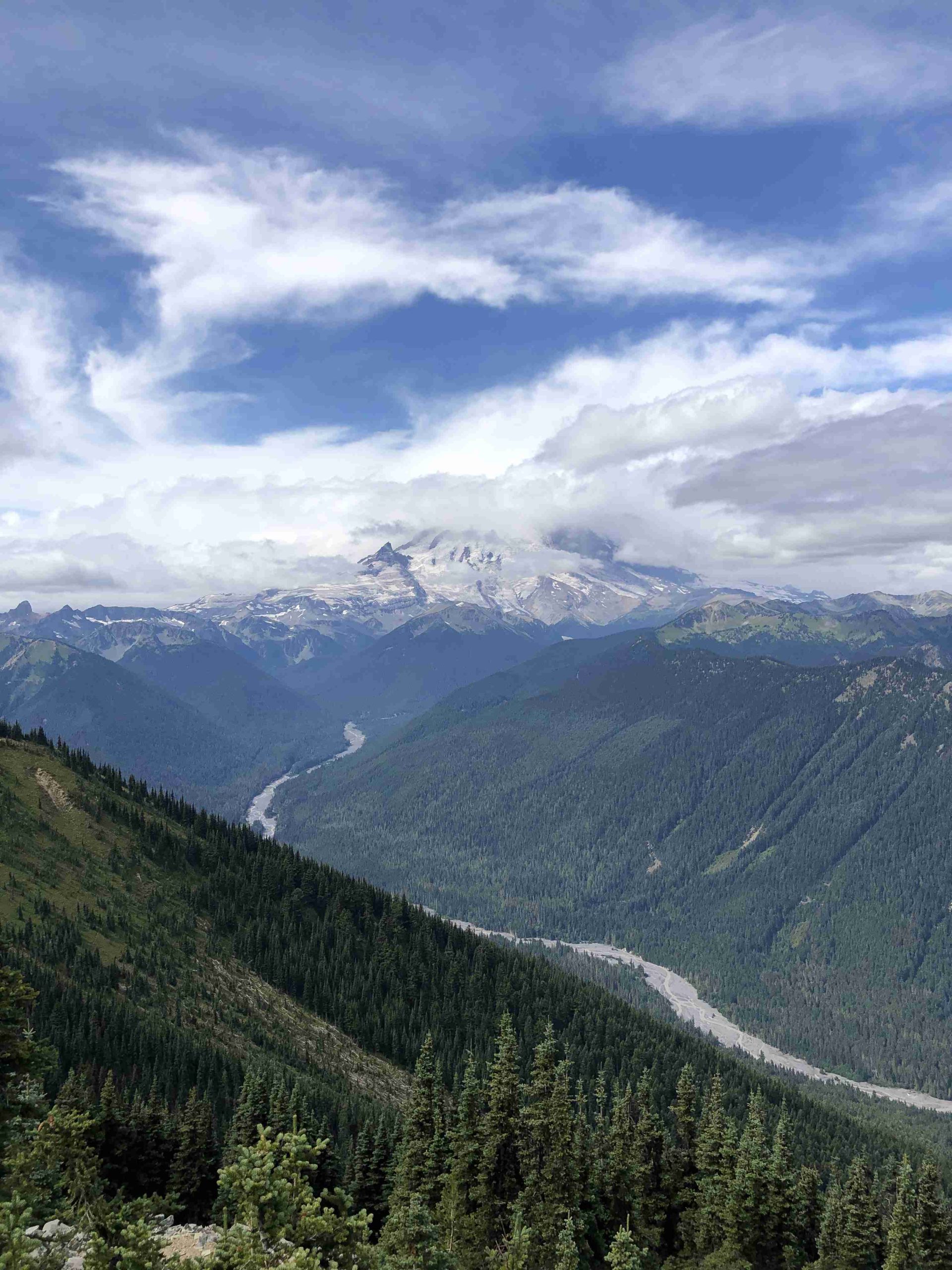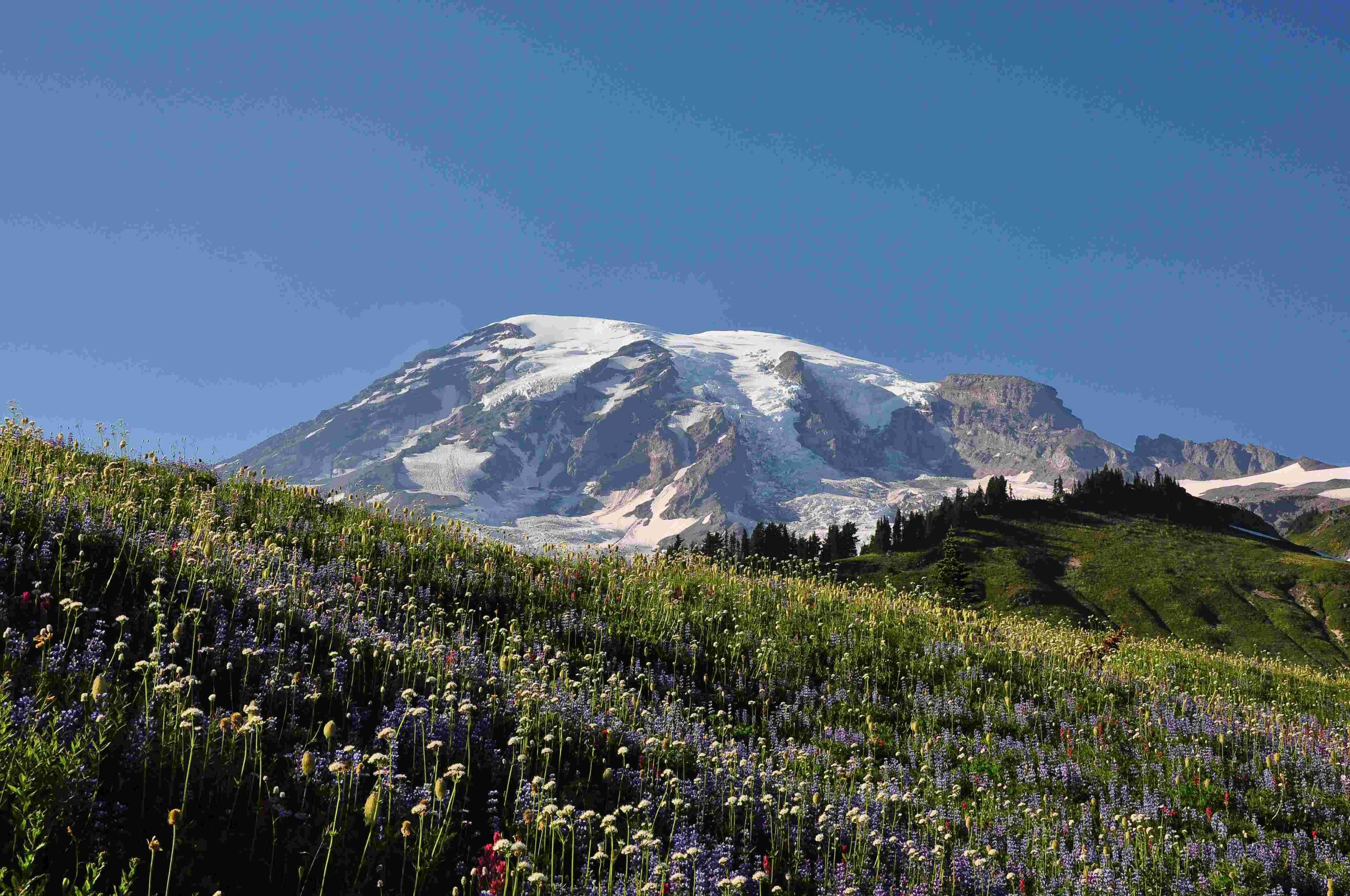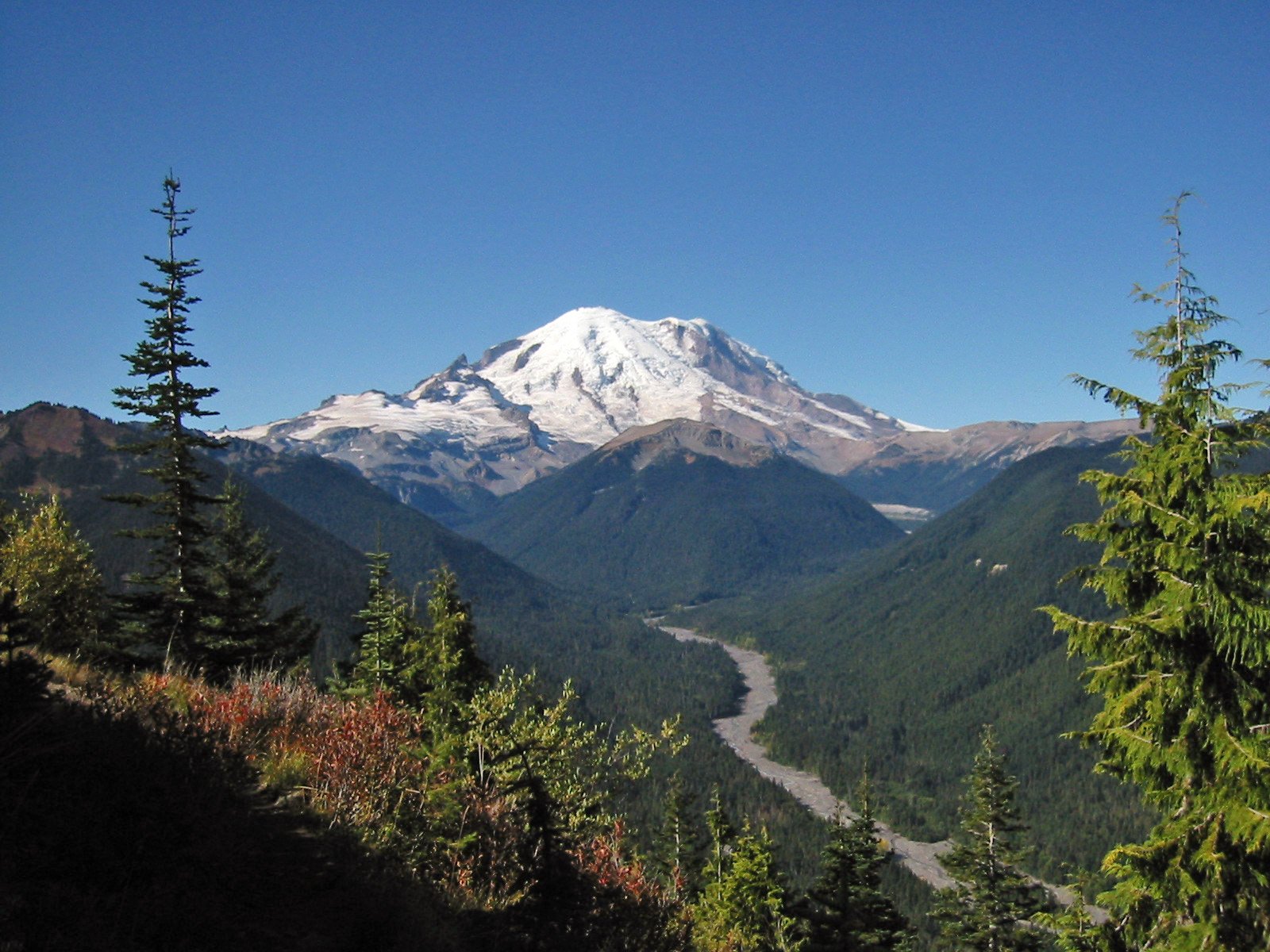Climbing Mount Rainier requires careful preparation and the right equipment. This guide covers essential gear for a successful expedition, including climbing and protection gear, clothing layers, footwear, and other crucial items. Proper gear selection ensures safety and comfort during the challenging ascent of this iconic peak. From ice axes and crampons to insulating layers and specialized boots, each piece of equipment plays a vital role in your Mount Rainier climb.
What Are the Must-Have Climbing and Protection Gear Items?

The foundation of any Mount Rainier expedition lies in the climbing and protection gear. These items are crucial for safety and successful navigation of the mountain’s challenging terrain.
Ice Axe
- Length based on climber’s height:
- Up to 5’8″: 65 cm
- 5’8″ to 6’2″: 70 cm
- Taller than 6’2″: 75 cm
- Must include a leash
Crampons
- 12-point steel crampons recommended
- Compatible with chosen mountaineering boots
Harness
- Comfortable, adjustable alpine climbing harness
- Features: removable or adjustable leg loops, drop seat
Helmet
- UIAA or CE certified climbing helmet
Rope
- 30 Meter glacier line (8mm-10.5mm diameter)
- Example: Beal Gully rope
Carabiners
- 4 locking carabiners
- 4 non-locking carabiners
- 1 triple-action locking carabiner for rope attachment
Belay Device
- Compatible with chosen rope and harness
Crevasse Kit
- Pulleys
- Cordelette
- Ice screws (route-dependent)
- Pickets with steel cable attached
How Should You Layer Your Clothing for Mount Rainier?

Proper layering is essential for managing body temperature and moisture during the climb. Here’s a breakdown of the layering system:
Base Layers
- Synthetic underwear (top and bottom)
- Wicking, quick-dry materials
- Pack enough for each day on the mountain
Mid-Layers
- Midweight wool or synthetic socks (2 pairs)
- Lightweight long underwear (top and bottom)
- Midweight long underwear top
- Fleece or soft-shell jacket
Outer Shells
- Windshell
- Waterproof/breathable rain jacket
- Rain pants
- Soft-shell pants
- Insulated parka
What Are the Temperature Ratings for Sleeping Bags and Insulating Layers?
Temperature ratings are crucial for ensuring comfort and safety during your expedition:
Sleeping Bag
- Comfort rating: 0°F–30°F (depending on season and forecast)
Insulating Layers
- Midweight puffy jacket with hood
- Down- or polyester-fill insulating pants (for colder conditions)
- Heavy-insulated mittens
What Are the Best Footwear Options for Climbing Mount Rainier?
Choosing the right footwear is critical for a successful and comfortable climb:
Mountaineering Boots
- Single boots:
- Lighter and more comfortable
- Suitable for warmer conditions
- Double boots:
- Required when freezing level is below 10,000 feet
- Provide more insulation for colder conditions
- Key features:
- Crampon-compatible
- Insulated
- Modern synthetic models preferred over traditional plastic-shelled boots
Gaiters
- Recommended to protect against crampon spikes catching on loose clothing
Are There Rental Options for Mount Rainier Climbing Gear?
While specific rental prices aren’t provided, here are some general guidelines:
- Many guide companies recommend renting boots and gear from partner companies
- Rental is especially advised for first-time climbers
- Local shops near Mount Rainier (e.g., in Ashford or Tacoma) often provide rental services
- Guide companies may offer rental services for essential gear
What Permits and Regulations Apply to Mount Rainier Climbs?
Understanding and following regulations is crucial for a responsible climb:
- Climbers must obtain a climbing permit from Mount Rainier National Park
- Specific regulations exist for:
- Waste disposal
- Camping
- Environmental impact
How Can You Ensure Your Gear is Compatible and Properly Fitted?
Compatibility and proper fit are essential for safety and comfort:
- Ensure crampons are compatible with chosen boots
- Test all gear before the expedition
- Adjust harness and helmet for proper fit
- Practice using belay devices and crevasse rescue equipment
What Additional Items Should You Include in Your Mount Rainier Gear List?
Don’t forget these important items for your climb:
- Headlamp with extra batteries
- Sunglasses with 100% UV protection
- Sunscreen (SPF 30 or higher)
- Lip balm with sun protection
- First aid kit
- Water bottles or hydration system
- High-energy snacks and meals
- Navigation tools (map, compass, GPS)
- Emergency shelter (e.g., bivy sack)
By carefully selecting and preparing your climbing Mount Rainier expedition gear, you’ll be well-equipped to tackle the challenges of this iconic peak. Remember to always prioritize safety, follow park regulations, and respect the mountain environment throughout your journey.

